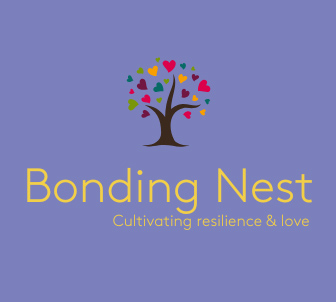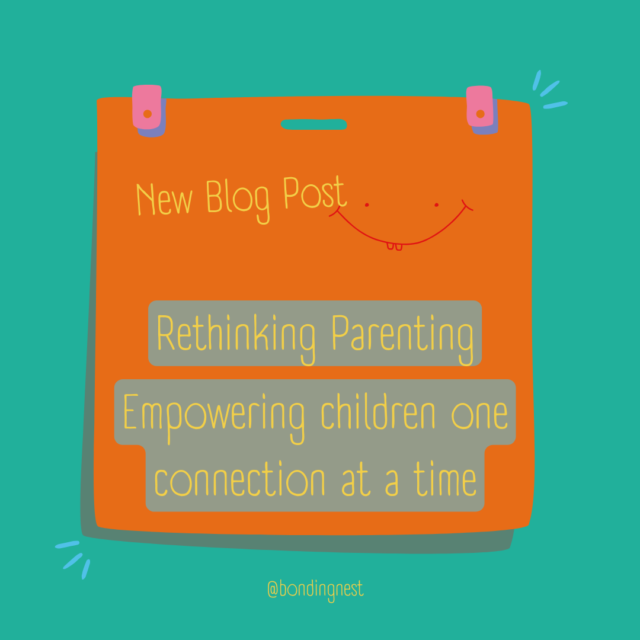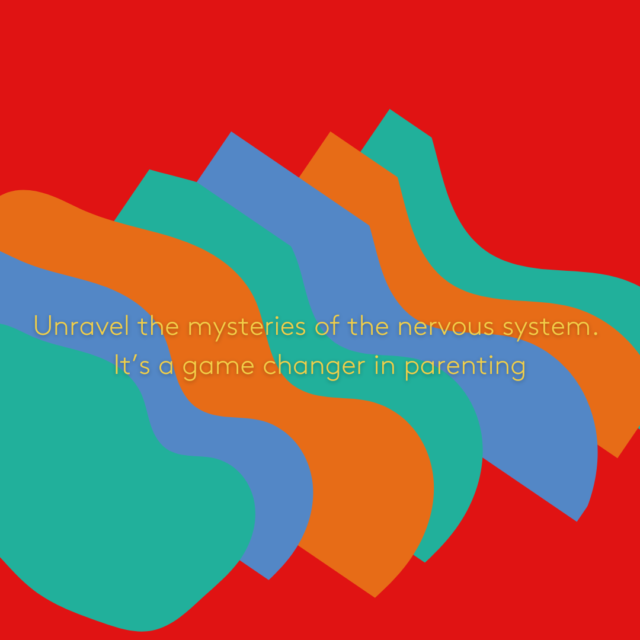Hey there, fellow parents, caregivers, and all-around champions of little humans! It’s awe-inspiring how we get to witness the incredible journey of childhood, isn’t it? Those early years are like a magical canvas, where the brain weaves its intricate growth patterns and emotions come alive in a symphony of development. So, grab a seat, and let’s dive into the fascinating world of the young, growing brain, and why empathy and age-appropriate expectations are the secret sauces to truly nurturing these young minds.
The Developing Brain: It’s a Whirlwind of Change
Buckle up, because the first five years of life are a wild ride for that tiny, but mighty brain. It’s like a superhero origin story – the brain is on a mission to build a rock-solid foundation for future learning, behavior, and overall well-being. This isn’t just child’s play; it’s serious business. According to the scientists in their white lab coats over at Nature Neuroscience, these early years are when the brain is as malleable as modeling clay, sculpting itself based on the experiences a kiddo encounters.
Empathy: The Glue that Binds Us All
Ever wonder how your little one suddenly seems to “get it” when you’re feeling down? That’s the magic of empathy at work. Empathy, the ability to understand and share the feelings of others, emerges as a superhero power during early childhood. It’s like a bridge that connects hearts. Researchers in the field of Child Development discovered that by the tender age of 2, kiddos start showing inklings of empathy, like trying to comfort a buddy who’s feeling blue.
Age-Appropriate Expectations: Unleash the Superpowers at the Right Time
Alright, let’s talk about expectations. We all want our kids to conquer the world, but it’s essential to play it smart. It’s like teaching a young superhero-in-training – you don’t start with the advanced moves right away. Our friends at the American Academy of Pediatrics know their stuff, and they tell us that keeping expectations in check, according to a child’s brainpower and emotional toolkit, is where the magic happens. Expecting a toddler to exhibit zen-like self-control might be like asking for a unicorn to show up in the backyard.
The Play Factor: Serious Learning Disguised as Fun
Playtime? More like a masterclass in brain development! Remember how you used to have these epic make-believe adventures as a kid? Turns out, that was your brain working out like a champion. Researchers in the Journal of Applied Developmental Psychology remind us that play isn’t just fluff; it’s the real deal. It’s a playground for creativity, problem-solving, and social wizardry. Through those games of “let’s pretend” and building block cities, kids are flexing their mental muscles, honing language skills, and cracking the code of social dynamics.
Empathy in Action: Parenting and Teaching Edition
Empathy isn’t just a “nice to have” – it’s a game-changer in parenting and education. Ever noticed how kids mirror your emotional vibes? It’s like they have a secret empathy radar. Scientists in Developmental Psychology found that being an empathetic parent is like being a child’s emotional gym coach. It helps them pump up those emotional regulation and social skills. Teachers, listen up: when you sprinkle empathy into your teaching style, it’s like creating a classroom utopia where kids are pumped to learn and be their best selves.
Wrapping Up: Crafting a Future Brighter Than a Rainbow
So, there you have it, fellow warriors of parenthood – a deep dive into why empathy and realistic expectations are your secret weapons in raising tiny humans. These early years are a once-in-a-lifetime chance to set the stage for a vibrant, resilient, compassionate individual. By understanding the magic of brain development and embracing empathy like a warm hug, you’re creating a canvas where your child’s potential can truly flourish. So, go on, rock those empathetic interactions, and nurture those dreams – because you’re shaping a future that’s brighter than a double rainbow after a summer storm.
Sources:
- Knudsen, E. I. (2004). Sensitive periods in the development of the brain and behavior. Journal of Cognitive Neuroscience
- Zahn-Waxler, C., Radke-Yarrow, M., & King, R. A. (1979). Child rearing and children’s prosocial initiations toward victims of distress. Child Development
- American Academy of Pediatrics. (2016). The Power of Play: A Pediatric Role in Enhancing Development in Young Children.
- Bergen, D. (2002). The role of pretend play in children’s cognitive development. Early Childhood Research Quarterly.
- Eisenberg, N., Cumberland, A., & Spinrad, T. L. (1998). Parental socialization of emotion. Psychological Inquiry.
- Pianta, R. C. (1999). Enhancing relationships between children and teachers. Washington, DC: American Psychological Association.
Please note that every family has its own dynamic. This article is intended for informational use. If you wish to dive deeper into this transformational parenting journey, feel free to reach out for further information tailored to your needs.







